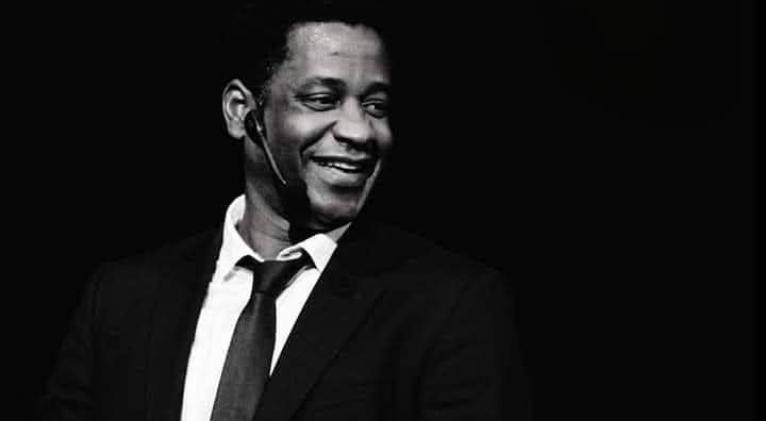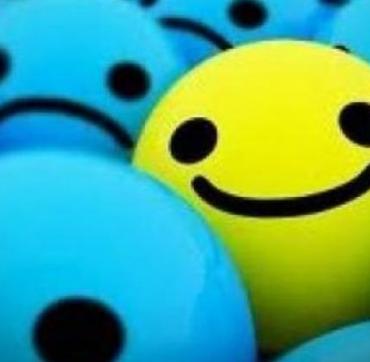Kike Quiñones: "Humor is an Exercise of Intelligence"
especiales

Are you already thinking about humor? the theoretical space accompanying the Aquelarre Festival asks us once again, and precisely that, making people laugh with all their neurons activated, is one of the virtues of comedian, actor, and professor Kike Quiñones.
We spoke with the dean of the Faculty of Theater Arts at the High Arts School, regarding the edition of the great Cuban humor festival, which is taking place these days in Havana.
—How important is the Aquelarre for the development of Cuban humor?
—We can't talk about the development of Cuban humor without the Aquelarre. The Aquelarre catalyzed a long-standing need that had its genesis in events like the Miramars; later, the Melocaptus Matanzanos, which were held in Matanzas. The response to that need materialized in the Aquelarre after it was possible to unite, around the Center for the Promotion of Humor, a group of creators who were from the Center and others who did not belong to the institution, but who also began to participate in the Aquelarres. So, it was created as a dynamic that drove creation and, year after year, premiered and made processes visible, and it became necessary to catalyze, to understand the direction of humor in general. That's why it's indispensable in Cuban humor and Cuban culture.
—In this edition, the theoretical space also returns. How much does this thought exercise around humor contribute?
—The theoretical event has earned a place in the life of Cuban humor because it's a way of showing the processes within creation. It's also a moment where creators, in some way, demonstrate the structure they use. Studies are conducted on the history of Cuban humor, its dynamics within society, and the connections humor has with other areas of creation.
"In other words, the theoretical event is the place where science is revealed through humor, or vice versa, where humor is revealed through science, through scientific studies, through the depth given to it by researchers and people who also contribute to the training of contemporary Cuban comedians, such as Yerandis Fleites and Laydi Fernández. In other words, they are people who, through their studies, contribute to broadening the creators' vision, which is, ultimately, the most important thing.
"That's why the theoretical event is created, so that creators can broaden their horizons and understand a group of things that we may do empirically, but that are explained through science."
"Is it difficult to create good humor these days?" —Yes, it's very difficult, it's always very difficult. Humor is an exercise in intelligence, both for the creator and for the audience, and so, not giving in to the easy way is complicated, it's difficult for the creator, but I think we have a lot of experience in that. Ever since we've been Cuban and started performing comic theater, vernacular theater, and later contemporary humor, even the costumbrismo of Héctor Quintero, Cuban humor has always been characterized by judiciously handling references and playing that game with the audience, who are our supporters, the audience that’s constantly attentive to where the comedian's strings are going in order to understand, delve deeper into, and enjoy what the artist proposes. I think it's an exercise in intelligence and sagacity, and also in the creator's expertise.
—In the case of stage humor, there are several comedians we've seen embodying dramatic characters and, at the same time, actors with dramatic training, who join comedy shows or programs. How enriching is this exchange, this back and forth from one genre to another?
—It's incredibly rich, it's very good, because they offer different perspectives, and very interesting creative processes emerge where we learn from those who come from other fields, so to speak, and they also learn from us. I think the comedy industry is respected by actors. Most of them recognize—I'm not going to generalize—but most of them recognize in comedians that intelligence, that shrewdness in handling things, in handling the issues that affect us all, that are transversal to society.
“And we also learn a lot from the rigor actors have in preparing a character, elaborating a situation, creating a showy montage, because I think contemporary Cuban humor has lacked the packaging that perhaps a show brings, and actors have contributed a lot in that sense to our work over these thirty-odd years. I think it's something that could be even more exploited, but it's wonderful.”
Translated by Amilkal Labañino / CubaSi Translation Staff














Add new comment